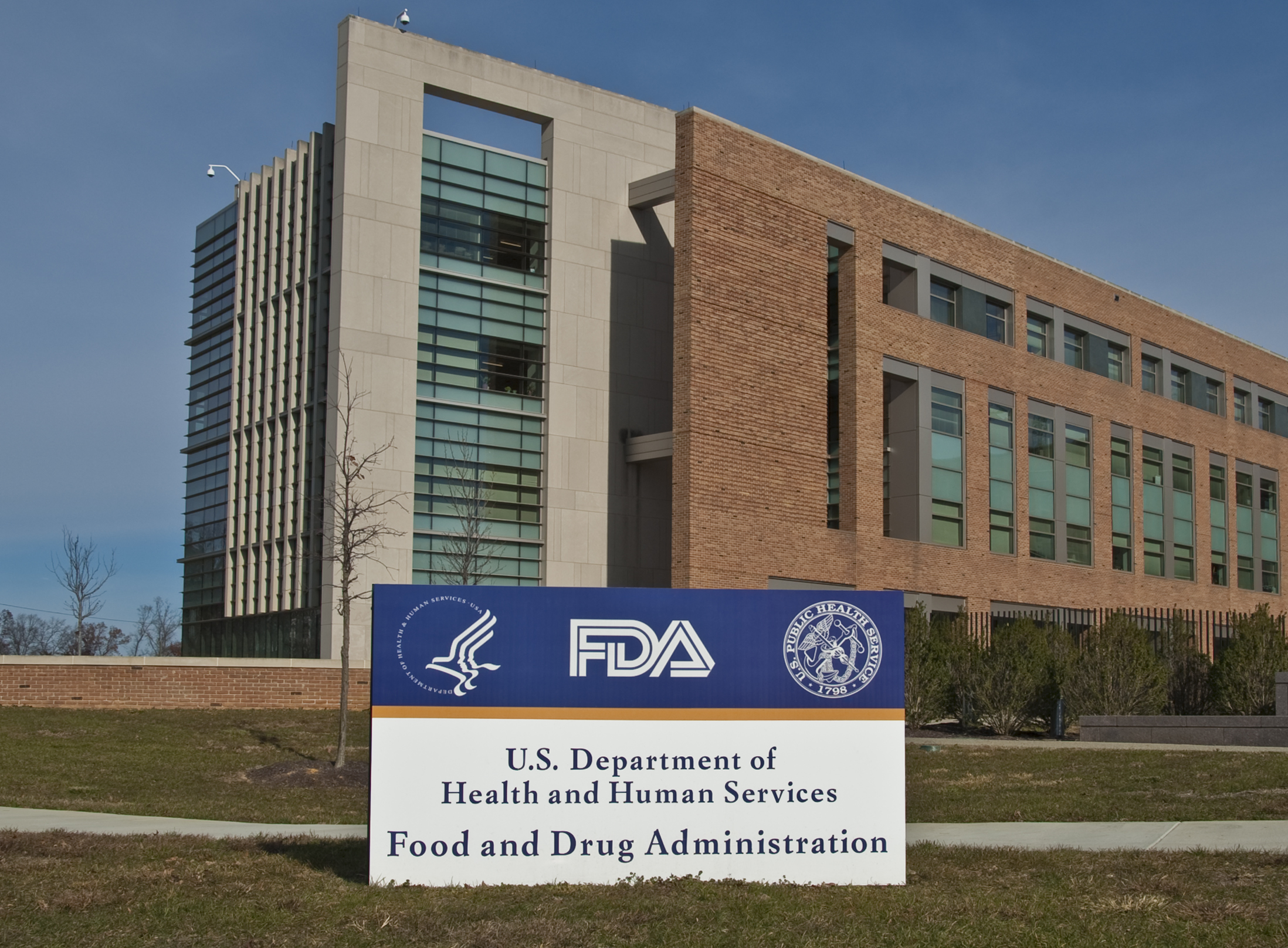FDA blocks early filing for ADC drug, signalling tougher stance

ADC Therapeutics has said it will not seek accelerated approval of its Hodgkin lymphoma drug camidanlumab tesirine (cami) based on phase 2 results, as the FDA will not review it unless a confirmatory trial is already “well underway and fully enrolled.” The Swiss biotech said that enrolling such a study would take up to two years, and its plan to file for approval of the drug next year is on hold while it is in dialogue with the FDA about a path forward for the programme. Likely baulking at the cost of starting a phase 3 study without the prospect of near-term revenues from cami, ADC is halting all investment in the drug for the time being. That includes a planned phase 1B study, testing cami alongside Merck & Co’s PD-1 inhibitor Keytruda (pembrolizumab) in solid tumours, although that decision comes on the back of disappointing efficacy results. “The considerable effort required to fully pursue this opportunity may be better suited for a partner with immuno-oncology development expertise,” said the biotech in a statement. The FDA has recently gotten much stricter on confirmatory trials for drugs awarded conditional approvals and has taken a number of drugs off the market, either because a promised trial has not been carried out in a timely manner or when conducted has failed to confirm their efficacy or safety. The decision to require a phase 3 programme to be in play before an accelerated approval – if it becomes general policy – would point to a much tougher stance on the issue, however, and could lead to delays in some therapies reaching the market and others being abandoned altogether. That would likely send a shockwave through the industry, as well as patient organisations, as the accelerated approval pathway is used for serious diseases with limited therapeutic options. The system has come in for criticism, not least in the case of Biogen’s Alzheimer’s therapy Aduhelm (aducanumab), which was approved on controversial efficacy data, with the company given several years to complete its confirmatory trial. The FDA’s decision comes despite positive results for cami in its 177-patient phase 2 study, including a 70% overall response rate (ORR) with 33% complete responses in patients with heavily pre-treated, relapsed, or refractory HL who were considered too frail to tolerate a stem cell transplant. After treatment with the CD25-directed antibody-drug conjugate, 14 patients saw improvements that meant they were able to go ahead with a transplant.












